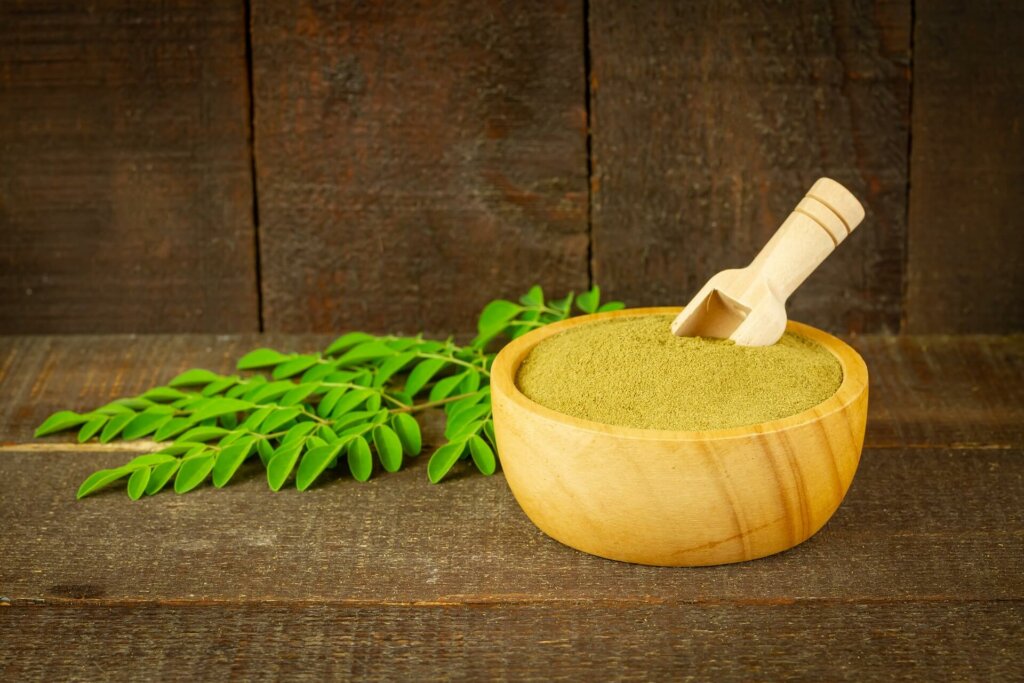The Liver: A Powerhouse of an Organ
The liver is tasked with many import functions. In fact, it is estimated that it is involved in more than 500 functions. Some of the more notable functions include making cholesterol and special proteins to help carry fats from the liver to throughout the body, removing toxins from the body, and storing excess blood sugar as glycogen for later use. Diet, lifestyle, medications, gut health, genetics, and estrogen status effect the health and function of the liver.
NAFLD: A Common Liver Condition
Non-alcoholic fatty liver disease (NAFLD) is one of the most common liver conditions where excess fat accumulates in the liver and is not associated with alcohol consumption. This stage is most manageable through diet and lifestyle changes. Without these changes, fat accumulation will continue and invite inflammation; progressing to permanent damage and disease progression.
Background
In the US, the National Liver Foundation estimates that 100 million people currently have NAFLD and its frequency has increased in children. This silent syndrome affects 80-90% of obese adults, 30-50% with diabetes and 90% or more for those with high triglycerides.
How Risk Factors Lead to NAFLD
The most key risk factors are being overweight/obese, having metabolic conditions like metabolic syndrome or Type 2 Diabetes, and having high bad (LDL) cholesterol and/or triglycerides. Having a low dietary intake of an essential nutrient called choline is also a cause of fatty liver and liver damage. Estrogen status and certain genes can affect choline levels and the reason more women are affected by this condition.
Metabolic syndrome or insulin resistance increase the amount of fat delivered to the liver. When this fat is not eliminated from the liver, inflammation occurs. Excess body fat involved in obesity sends signals to increase inflammation. In addition, low estrogen levels and certain gene variants that affect a significant part of the population, can lower levels of the nutrient choline which is critical for liver health. These are just some of the primary reasons why NAFLD develops.
Is NAFLD a Silent Killer?
The answer is YES. This means that most people will suffer no noticeable symptoms. Having a regular physical examination and bloodwork may be a beneficial strategy to identify and monitor this. Although there is no particular standard testing for NAFLD, a liver function test demonstrating an AST/ALT ratio less than 1 may offer insight into the need for further investigation. The importance of early identification and prevention could be emphasized.
Managing NAFLD
Diet
Consuming an anti-inflammatory wholefood, plant-based diet including a variety of fruits and vegetables, lean proteins including eggs, whole grains and healthy fats like nuts, seeds, avocado and olive oil help to provide a rich supply of antioxidants. Make sure to include eggs as they contain the highest source of choline, a critical nutrient for liver health. Replacing high fructose sweetened drinks with water, unsweetened teas, and seltzer, and keeping high-fat salty snacks and sweets as occasional treats can keep blood sugar, fat, cholesterol and weight in healthy ranges. Elimination or low intake of alcoholic beverages is also recommended.
Lifestyle
If overweight or obese, health authorities recommend a weight reduction of around 10% of one’s current weight (15-pound weight loss from a 150-pound male or female). This step alone can significantly improve many factors initiating the onset of NAFLD. Daily exercise or movement will also assist in burning additional calories, enhancing weight loss and maintenance.
NatureKue Dietary Supplement Options
Fatty build up and inflammation must be controlled in order to prevent and manage NAFLD. Some antioxidants and herbs have been studied to determine if they help with these conditions. There are, however, far too many to list in this blog. Several important herbs have demonstrated to be beneficial in treating the factors which contribute to NAFLD, including Deepure Tea (aka Pu’er tea) and milk thistle.
Deepure Tea
Deepure Tea is a significant element in NatureKue’s Nafliva Liver Health supplement, which is a therapeutic option for NAFLD.
Deepure Tea has been clinically proven to aid in weight control, fat loss and increased energy levels. Findings also indicated a decrease in total cholesterol and triglycerides.
This one-of-a-kind and very beneficial substance is included in Nafliva Liver Support and chocolate-based Liver Smart products, making them an excellent supplement to diet and lifestyle changes.
Milk Thistle
Milk thistle (Silibinin) is other one of the most often recommended herbs for liver support. It has anti-inflammatory and antioxidant properties that are beneficial in slowing the course of this condition.
References:
- American Liver Foundation. (2021, September 22). Retrieved February 28, 2022, from https://liverfoundation.org/for-patients/about-the-liver/diseases-of-the-liver/non-alcoholic-fatty-liver-disease/
- Hu WY, Ma XH, Zhou WY, Li XX, Sun TT, Sun H. Preventive effect of Silibinin in combination with Pu-erh tea extract on non-alcoholic fatty liver disease in ob/ob mice. Food Funct. 2017 Mar 22;8(3):1105-1115. doi: 10.1039/c6fo01591c. PMID: 28164196.
- Peng H, He Y, Zheng G, Zhang W, Yao Z, Xie W. Meta-analysis of traditional herbal medicine in the treatment of nonalcoholic fatty liver disease. Cell Mol Biol (Noisy-le-grand). 2016 Apr 30;62(4):88-95. PMID: 27188741.
- Practical approaches to the nutritional management of nonalcoholic fatty liver disease. Integr Med Res. 2014 Dec;3(4):192-197. doi: 10.1016/j.imr.2014.09.003. Epub 2014 Sep 19. PMID: 28664097; PMCID: PMC5481766.
- Xu Y, Guo W, Zhang C, Chen F, Tan HY, Li S, Wang N, Feng Y. Herbal Medicine in the Treatment of Non-Alcoholic Fatty Liver Diseases-Efficacy, Action Mechanism, and Clinical Application. Front Pharmacol. 2020 May 12;11:601. doi:10.3389/fphar.2020.00601. PMID: 32477116; PMCID: PMC7235193.

